News
-
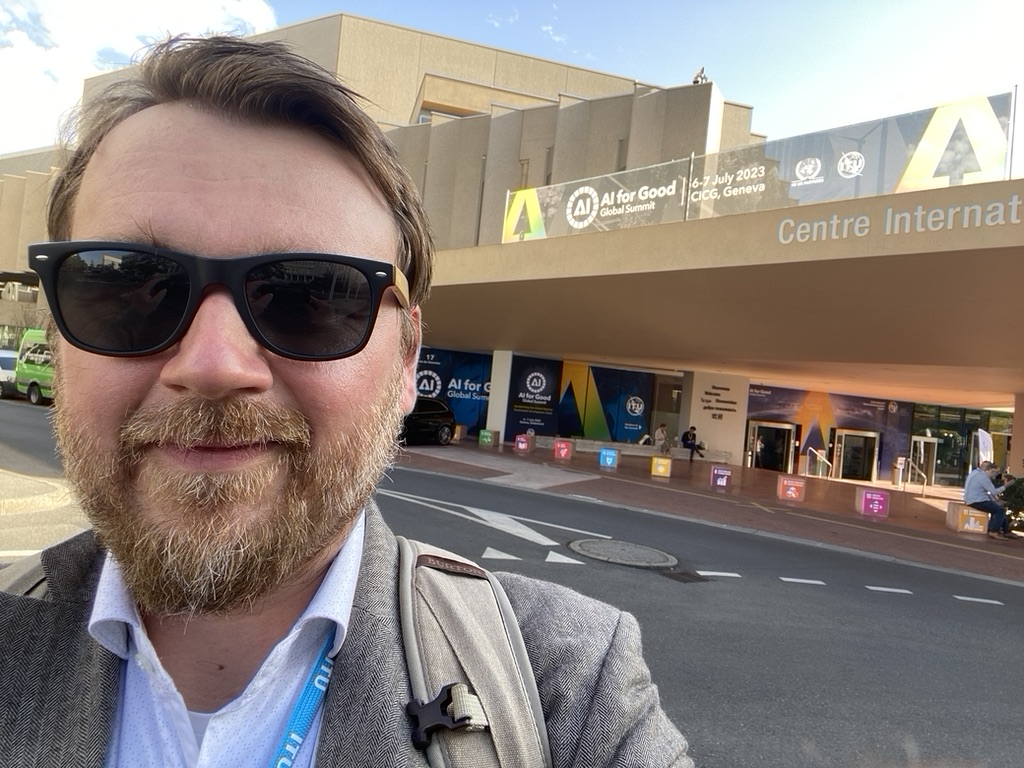
AI will change the world – possibly in a very direct way. UNU-MERIT's Michal Natorski thinks the technology could inadvertently influence the decision-making processes of UN agencies.
-
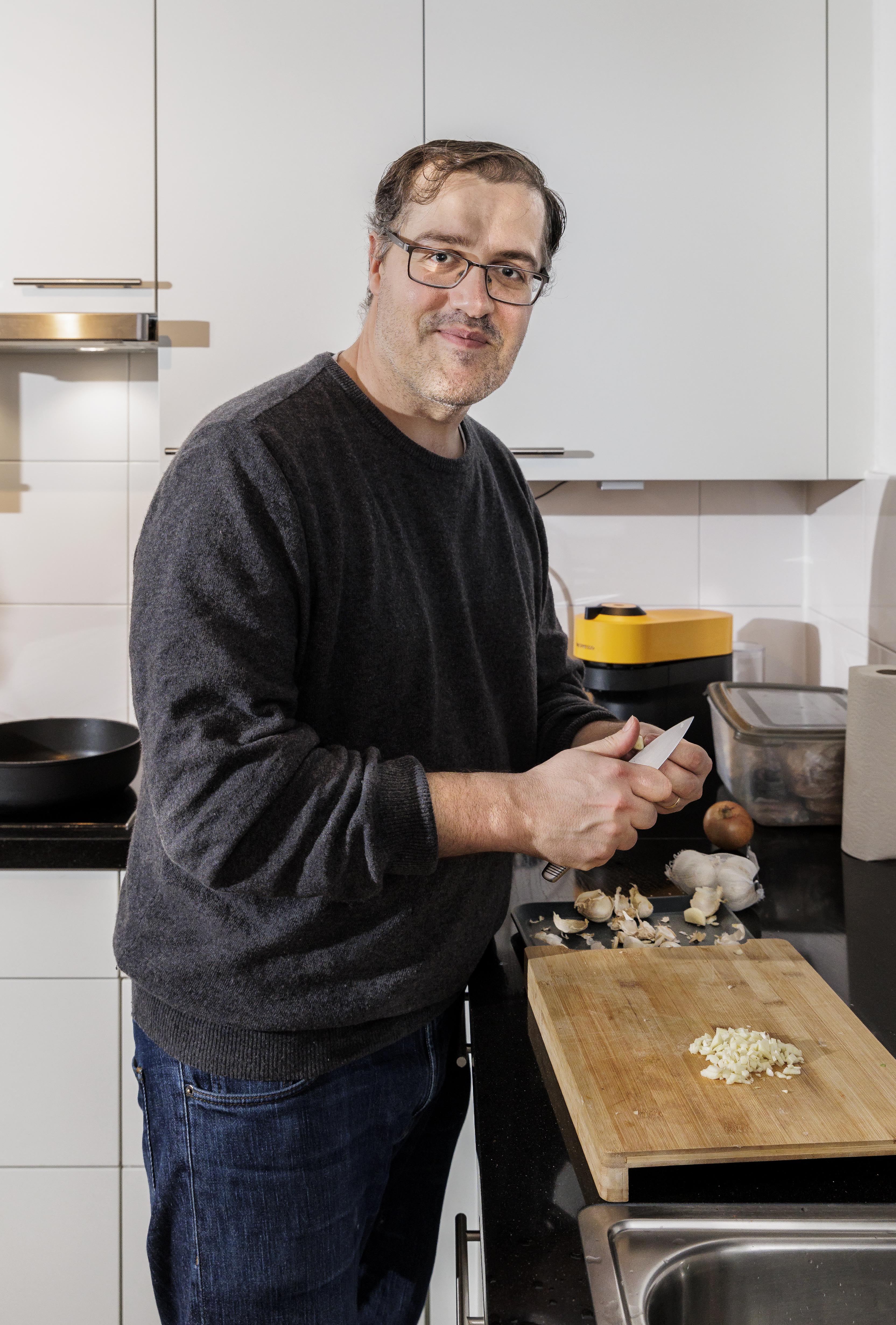
David Baião Barata was born and raised in Castelo Branco, in eastern Portugal. His mother cooked typical Portuguese cuisine: hearty soups, lots of meat, everything doused in olive oil. It was only during his studies in cell and molecular biology in Lisbon that he began cooking for himself. And it was here in the Netherlands, during his PhD, that he discovered Portuguese wine. When it comes to cooking and eating, the key word for him is together.
-

Interview with NUTRIM Professor Luc van Loon in Santé, 15 March 2024.
We still move far too little; we spend a lot of time sitting down. Read in this article why you should move even more.
-
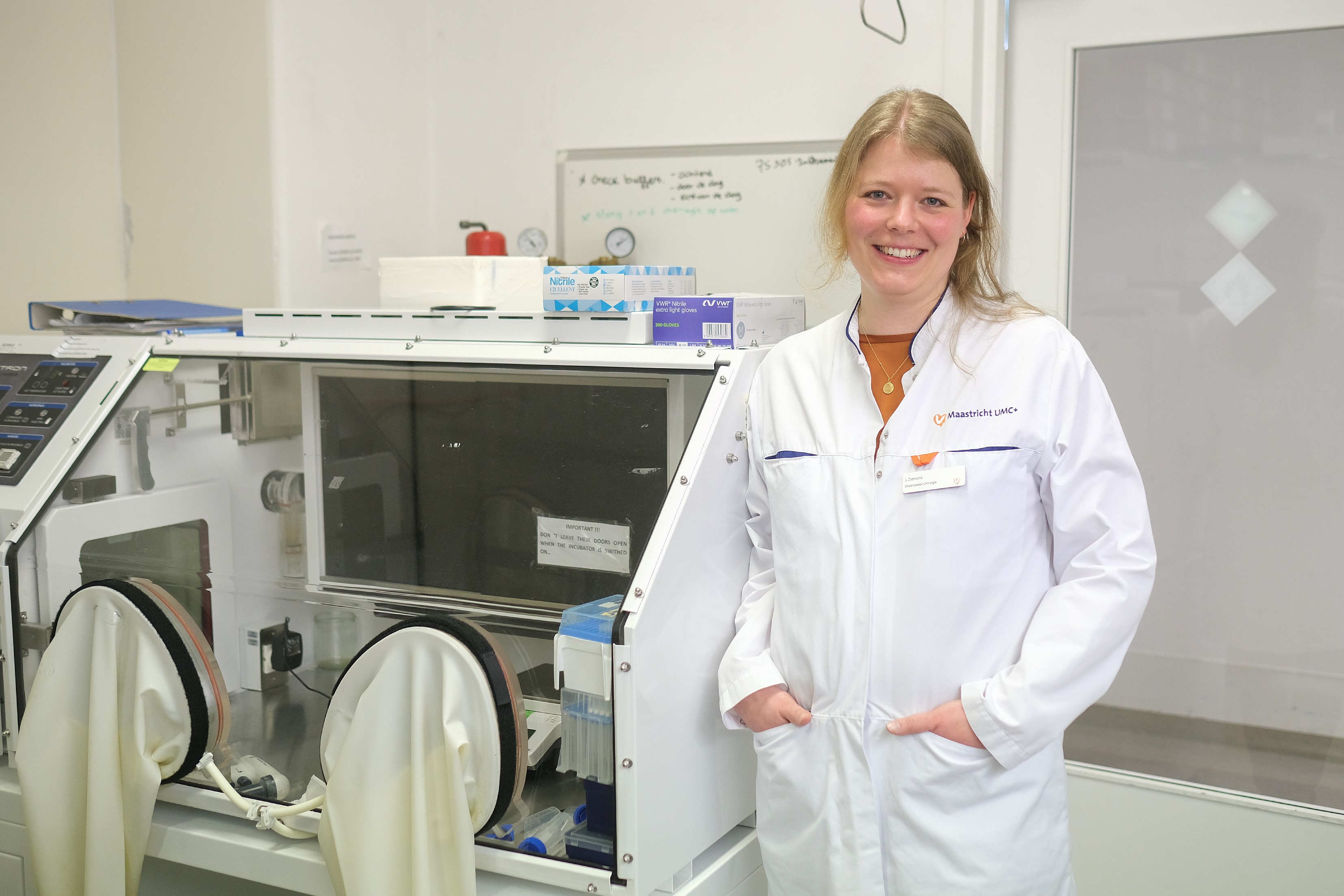
-
On 28 February 2024, the Globalisation & Law Network hosted a research seminar featuring Dr Michael Veale, Associate Professor in the Faculty of Law at University College London.
-

Criminal justice systems across the globe face similar challenges, yet their solutions to these obstacles might differ for a variety of reasons. This book introduces the most salient aspects of criminal procedure from a comparative perspective.
-
Wellbeing, Women and Work in Ethiopia" (3WE) project shares findings with investors and other stakeholders
-
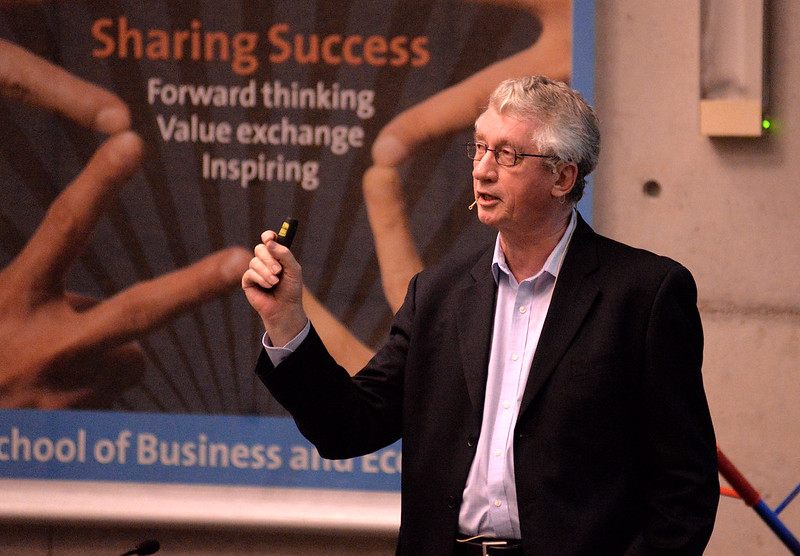
It is with great sadness that Maastricht University has learned of the death of Frans de Waal. Frans de Waal was the first holder of the Eugène Dubois Chair at Maastricht University in 2015.
-
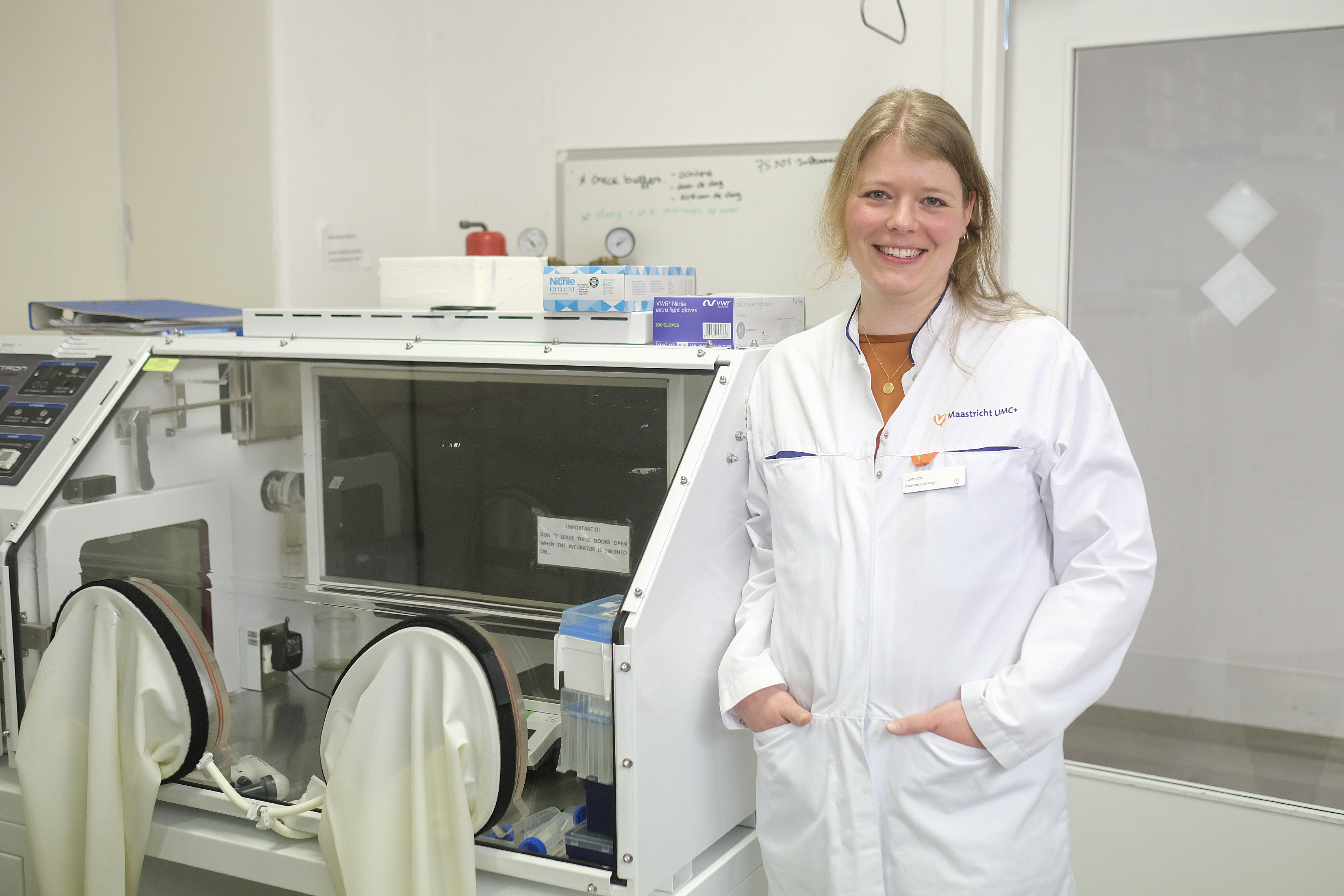
On February 8, 2024, Ziemons received her PhD from Maastricht University for the dissertation “The role of the gut microbiota in human cancer, the power of an equilibrium". This dissertation is the result of Ziemons' research on the role of the microbiota in cancer – colorectal cancer but also breast cancer. Specifically, Ziemons looked at the effect of chemotherapy on certain bacteria in the gut.
-
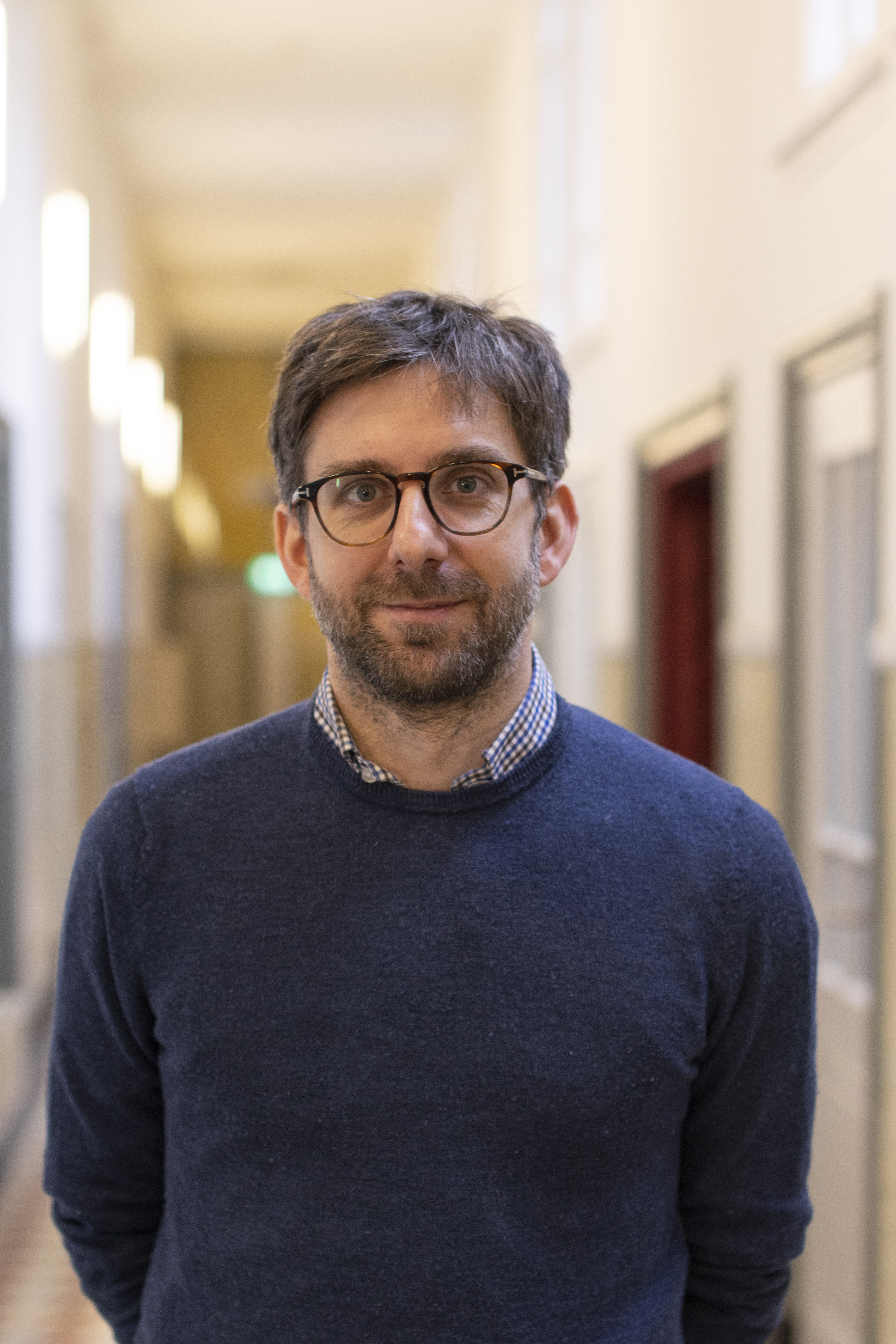
Failure is part of life, but not something academics talk about often. In this interview, Tullio Viola reflects on the difficulties he has with being understood by those that are different.